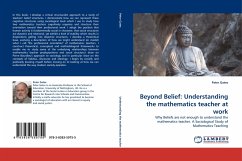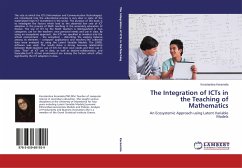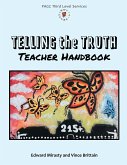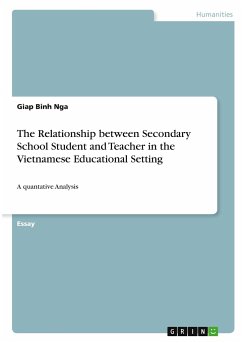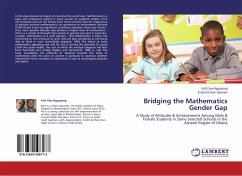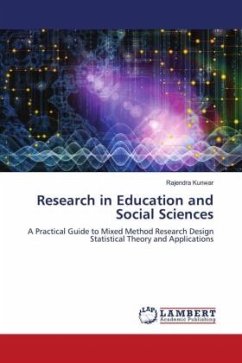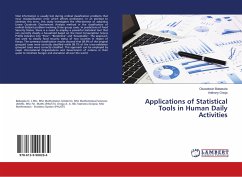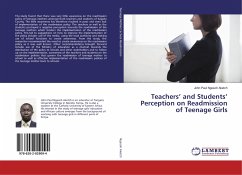In this book, I develop a critical structuralist approach to a study of teachers' belief structures. I demonstrate how we can represent these cognitive structures using sociological tools which I use to study how two mathematics teachers cognitively organise and structure their orientation toward their professional work. I adopt the position that human activity is fundamentally social in character, that social structures are dynamic and relational, yet exhibit a level of stability which results in dispositions gelling into objective structures. I develop a theoretical base, evolving a description of how we might understand (or model) what I call "the professional orientation" of mathematics teachers. I construct theoretical, conceptual and methodological frameworks to enable me to study some of the underlying relationships between mathematics teacher predispositions and social structure.I draw on Pierre Bourdieu's approach to sociology and in particular draw on the concepts of habitus, discourse and ideology. I begin by socially and politically locating myself before moving on to looking at how we can understand the way modern society operates.
Bitte wählen Sie Ihr Anliegen aus.
Rechnungen
Retourenschein anfordern
Bestellstatus
Storno

